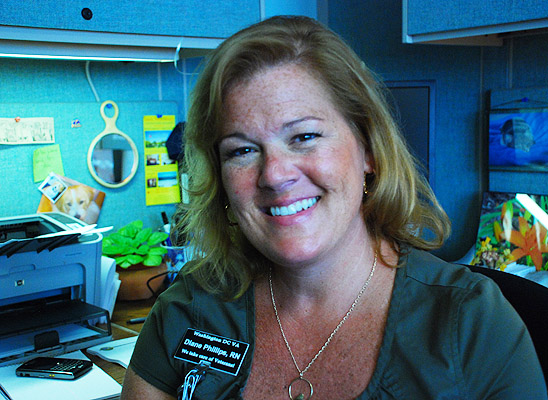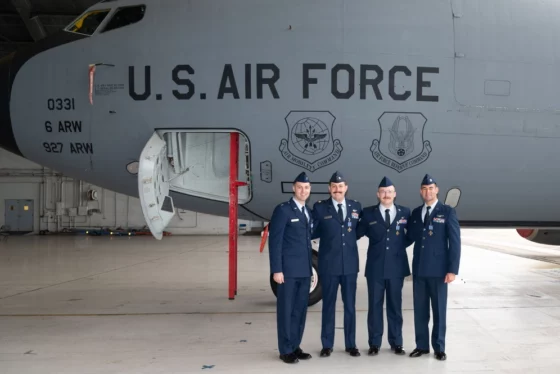Cool Jobs: The Veteran’s Healer
Diane Phillips is the patient-centered care coordinator at the Veterans Affairs Medical Center in Washington, D.C.
By Jolie Lee
Federal News Radio
When Diane Phillips describes the services at D.C.’s VA Medical Center, the rundown sounds more like a health spa’s offerings than a hospital’s.
Acupuncture, yoga, reiki or “palm healing,” massage therapy, mantras, mindfulness-based meditation. These alternative and complementary treatments are helping to control pain and manage post-traumatic stress disorder in veterans, Phillips said.
For the past three years, the hospital has taken a patient-centered approach to health care, contracting with not-for-profit Planetree, which offers training and other resources for health care providers to take “a holistic approach to meeting people’s needs of body, mind and spirit,” according to the organization’s website.
Phillips is the Washington, D.C. VA Medical Center’s patient-centered care coordinator, and — as her title suggests — works to ensure veterans get the health care they need in the way they need it.
Beyond the complementary therapies, the VA Medical Center coordinates scheduling so patients can get more appointments into one day. The center also offers telehealth – where patients communicate with their doctor through video.
Phillips said a younger generation of veterans is starting to seek care at VA. These vets expect medical services to fit into their lives.
“It’s not the old medical model that the doctor’s always right,” Phillips said. “Now the patient’s always right and the doctor’s listening.”
VA staff gets patient feedback from daily surveys, using portable touchscreen laptops. The hospital has also held focus groups. Veterans are often “very, very candid” in their responses, Phillips said. “We sit down and we listen to them. We’re on the other side of a one-way mirror.”
It’s not just the services that have changed but also the way hospital staff treats patients. Human interaction plays a role in recovery, so nurses and doctors are trained to not just enter a room in a way that’s “task-oriented” alone.
“We want to come in and say, ‘How was your day? What’s going on with you today? What are those tears about? How are we serving you today?'” Phillips said. “We really get to know and have relationships with our veterans.”
These deep, personal connections are quite a change for Phillips, a former emergency room nurse, who had previously served eight years in the military.
Phillips’ openness to more unconventional treatments may be rooted in her upbringing. She grew up in a one-room school house in Cape Cod with no hot water, raised by parents she calls “hippies.”
“My parents thought we should get back to the earth,” she said. “And so I find we’re sort of taking health care back down to the ground and back to basics.”
RELATED STORIES
D.C. VA Medical Center hosts ‘Ladies’ Night’
Check out more from the Cool Jobs in Government series
Copyright © 2025 Federal News Network. All rights reserved. This website is not intended for users located within the European Economic Area.







